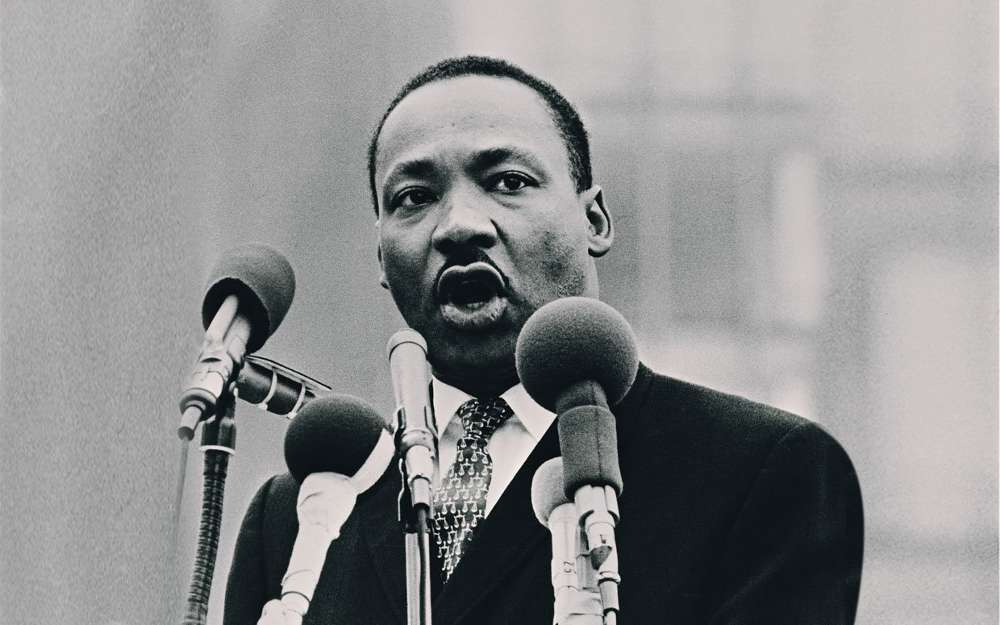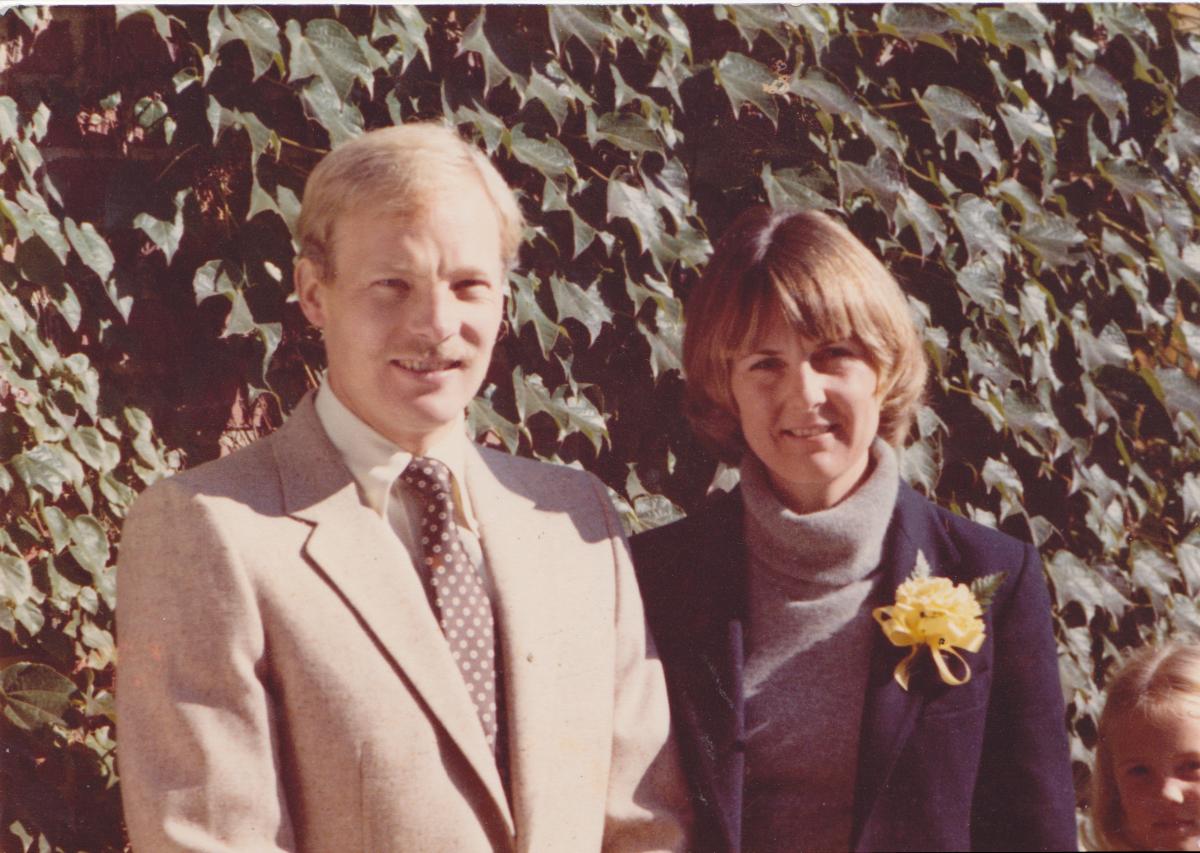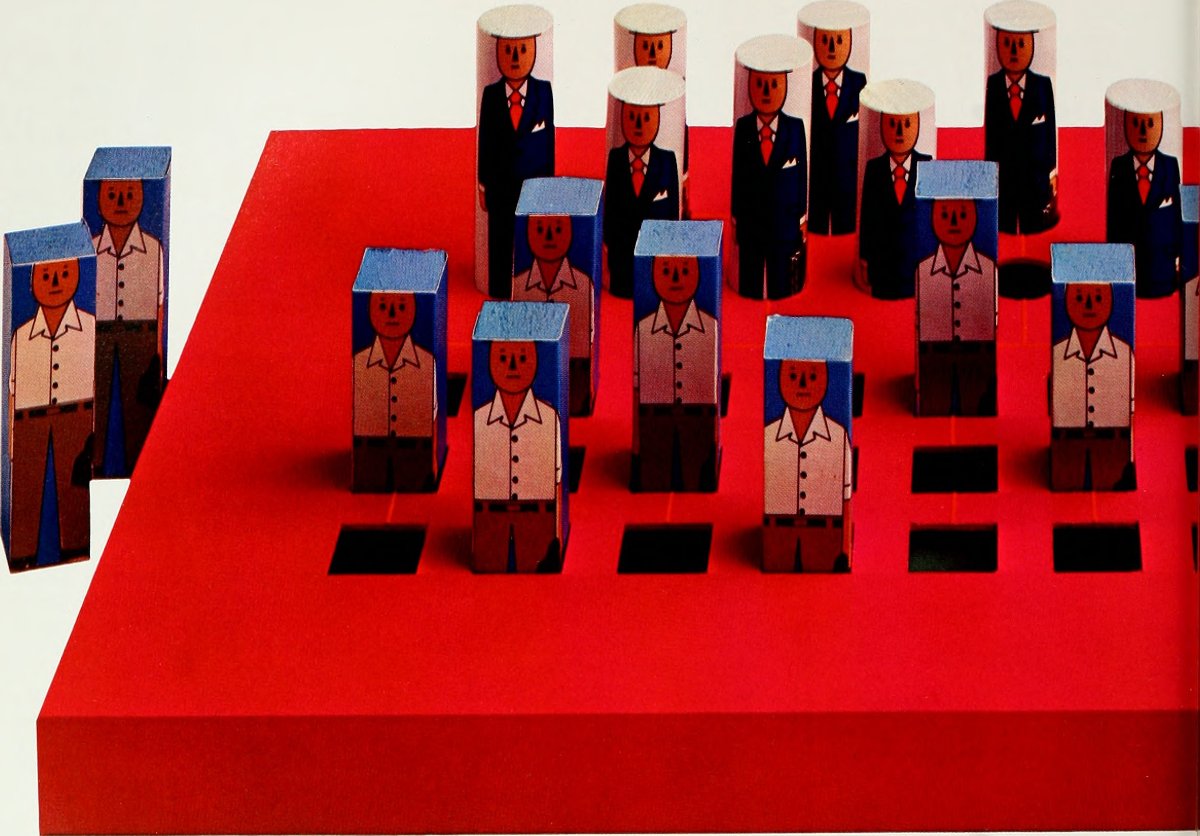Tag: organizational culture
Systematic Sensitization
“Have we raised the threshold of horror so high that nothing short of a nuclear strike qualifies as a ‘real’ war? Are we to spend the rest of our lives in this state of high alert with guns pointed at each other’s heads and fingers trembling on the trigger?” ― Suzanna Arundhati Roy “The Cherokee used to fear that taking a photo would make them lose their souls. Over exposure and desensitization is pretty close Read More
Freeing Genius and Healing Madness
“There is no great genius without some touch of madness.” —Aristotle “One must still have chaos in oneself to be able to give birth to a dancing star.” —Nietzsche “A person needs a little madness, or else they never dare cut the rope and be free.” —Nikos Kazantzakis I have always been willing to tolerate idiosyncrasies in people whom I believe have deep substance or a higher perspective. This willingness has sometimes created conflicts in Read More
Tribes and Teams
“Before the rise of the nation-state, the world was mostly tribal. Tribes were united by language, religion, blood, and belief. They feared other tribes and often warred against them.” —Robert Reich When I conduct teambuilding sessions, I often start by administering a Myers-Briggs Type Indicator (MBTI) so that I can understand the different personality styles on the team. The idea is to identify and leverage differences to achieve optimal performance. The MBTI has a continuum Read More
The Constitution as Culture Audit
One of my favorite tasks as an organizational psychologist is to design, administer, and evaluate culture audits. The design process is the most important part because it entails asking the people in an organization to create norms and values of their own choosing. In focus groups, I ask people to share what they believe are the desired and required norms for their organizations, i.e. what kind of work environment would they find most exciting and Read More
Step Back
In 2013, Sheryl Sandberg’s Lean In became a massive cultural phenomenon, and its title became an instant catchphrase for empowering women. The book soared to the top of best-seller lists both nationally and internationally, igniting global conversations about women and ambition. Sandberg packed theaters, dominated op-ed pages, appeared on every major television show and on the cover of Time magazine, and sparked ferocious debate about women and leadership.








